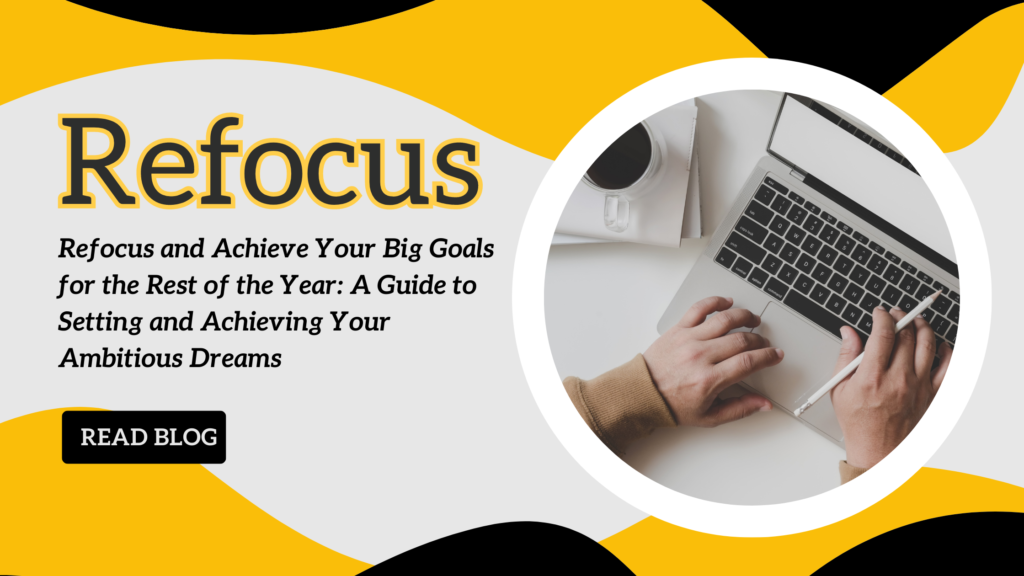Mind Your Money: Nurturing Financial Wellness – “E” for Expand Your Financial Knowledge

Hello, resilient women living boldly in the diaspora! We’ve reached the final week of our financial wellness journey in the Mind Your Money series.
This week, we’re embracing the “E” – Expand Your Financial Knowledge.
In this week’s exploration, we’ll equip you with resources and strategies to continue growing your financial wisdom. Let’s embark on this enlightening journey together!
The Journey of Lifelong Learning
Financial knowledge is a lifelong journey, and today we’re setting the stage for continuous learning. Whether you’re new to finance or have years of experience, there’s always more to discover.
1. Commit to Learning: Make a commitment to lifelong financial education. Dedicate time each month to expand your knowledge.
2. Start with the Basics: If you’re new to finance, begin with fundamental topics like budgeting, saving, and managing debt.
3. Explore Advanced Topics: As you become more comfortable, delve into advanced topics like investing, retirement planning, and tax strategies.
4. Read Widely: Books, articles, and blogs can be excellent sources of financial information. Follow reputable financial websites and subscribe to newsletters.
5. Attend Workshops and Seminars: Look for local or online financial workshops and seminars to enhance your knowledge and network with experts.

Embracing Online Resources
The internet is a treasure trove of financial knowledge. Today, we’ll explore online resources that can aid your financial education.
1. Financial Websites: Websites like Investopedia, The Motley Fool, and NerdWallet offer a wealth of articles, guides, and calculators.
2. YouTube Channels: Many finance experts and educators have YouTube channels where they explain complex financial concepts in simple terms.
3. Podcasts: Financial podcasts are a great way to learn on the go. Look for podcasts that cover topics relevant to your financial goals.
4. Online Courses: Platforms like Coursera, Udemy, and edX offer online courses on finance and investing.
5. Social Media: Follow financial experts and organizations on platforms like Twitter and LinkedIn to stay updated with the latest insights.
Building a Personal Finance Library
A personal finance library can be an invaluable resource for continuous learning. Today, we’ll discuss how to build your collection.
1. Start with Classics: Begin with classic personal finance books like “The Millionaire Next Door” by Thomas J. Stanley and William D. Danko or “Your Money or Your Life” by Vicki Robin and Joe Dominguez.
2. Explore Investment Literature: If you’re interested in investing, consider books like “The Intelligent Investor” by Benjamin Graham or “A Random Walk Down Wall Street” by Burton G. Malkiel.
3. Include Budgeting and Saving: Books like “Total Money Makeover” by Dave Ramsey or “The Richest Man in Babylon” by George S. Clason offer valuable insights into budgeting and saving.
4. Seek Diverse Perspectives: Don’t limit yourself to a single viewpoint. Explore books written by authors from various financial backgrounds and philosophies.
5. Continuously Update: As you read and learn, update your personal finance library with new titles that align with your evolving financial goals.
Seek Expert Guidance
Sometimes, expert guidance is invaluable in navigating complex financial matters. Today, we’ll explore when and how to seek professional advice.
1. Financial Advisors: Consider working with a certified financial advisor for comprehensive financial planning, especially if you have complex financial goals or need a personalized strategy.
2. Tax Professionals: Tax laws can be intricate. Consult a tax professional for tax planning, especially if you have multiple income sources or investments.
3. Legal Experts: If you have complex estate planning or legal matters related to your finances, seek advice from an attorney specializing in estate planning or financial law.
4. Investment Professionals: If you’re venturing into more advanced investment strategies, consider consulting with an investment advisor or portfolio manager.
5. Continuous Learning: Even when working with professionals, continue learning about the topics they advise you on. This enables you to have informed discussions and make sound decisions.
Conclusion: Your Financial Wellness Journey Continues
Congratulations on completing this four-week journey to financial wellness in the Mind Your Money series! Remember that the pursuit of financial knowledge is an ongoing adventure.
As you continue on your path to financial wellness, make a commitment to expand your financial knowledge continuously. Stay curious, stay informed, and empower yourself to make sound financial decisions. Your financial future is in your hands, and your journey toward financial wellness is a lifelong endeavor.
Thank you for joining us on this transformative journey, and may your financial wellness continue to flourish.
Ready to take your financial wellness to a new level?
Sign up to join our Living Boldly Collective, where we are supporting Women Living in Diaspora like you with resources to improve their financial health and build lasting wealth.





